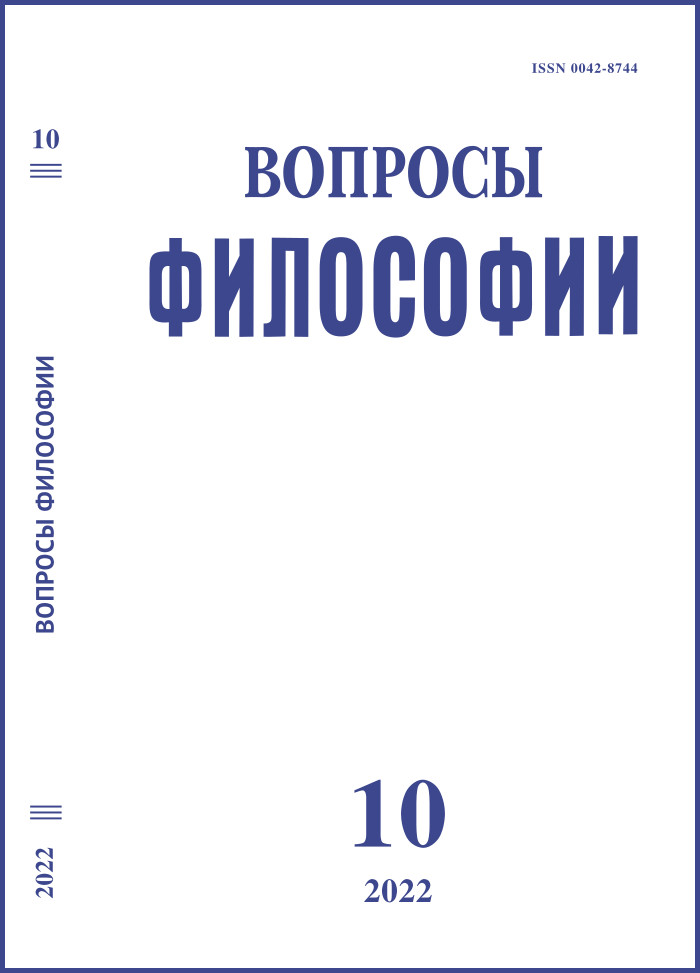Bogdanov, Pragmatism, and the Future of Systems Thinking and Cybernetics
DOI:
https://doi.org/10.21146/0042-8744-2022-10-204-207Keywords:
Bogdanov, empiriomonism, tektology, Peirce, James, Dewey, pragmatism, systems thinking, cybernetics.Abstract
The paper considers general system theory, cybernetics, and other systems approaches and argues that later systems thinking and cybernetics (systems/cybernetics) can be seen as a part of the same tradition of thought. There is a prima facie case, therefore, the philosophy of Bogdanov and the Pragmatists can bring unity to the systems movement. Further, it can equip systems thinkers to participate more fully in the major intellectual debates of today. The paper shows the resonance of Bogdanov’s ideas with the basic philosophical foundations for the formation and development of systems thinking and cybernetics. Wiener, usually seen as representative of first-order cybernetics, reaffirmed the importance of Bogdanov’s concept of the biregulator. In terms of second-order cybernetics, there is a similarity between Bogdanov’s thinking and “constructivism”. Bogdanov’s work is also associated with the concepts of autopoiesis and self-organization. Lepskiy’s proposed paradigm of third-order cybernetics, with its emphasis on social values in a self-developing environment, is in tune with the writings of Bogdanov and Dewey. Bogdanov, in his Tectology aimed to demonstrate how the most complicated organizational questions faced by humankind could be answered. The paper concludes that the self-conscious embrace of that philosophical tradition, together with its own methodologies and models, can help of the cybernetic movement turn the vague aspirations into the reality of a better future on Earth.
Downloads
Published
Versions
- 2025-02-07 (2)
- 2022-10-31 (1)

